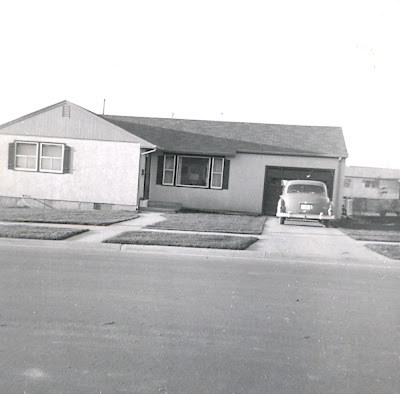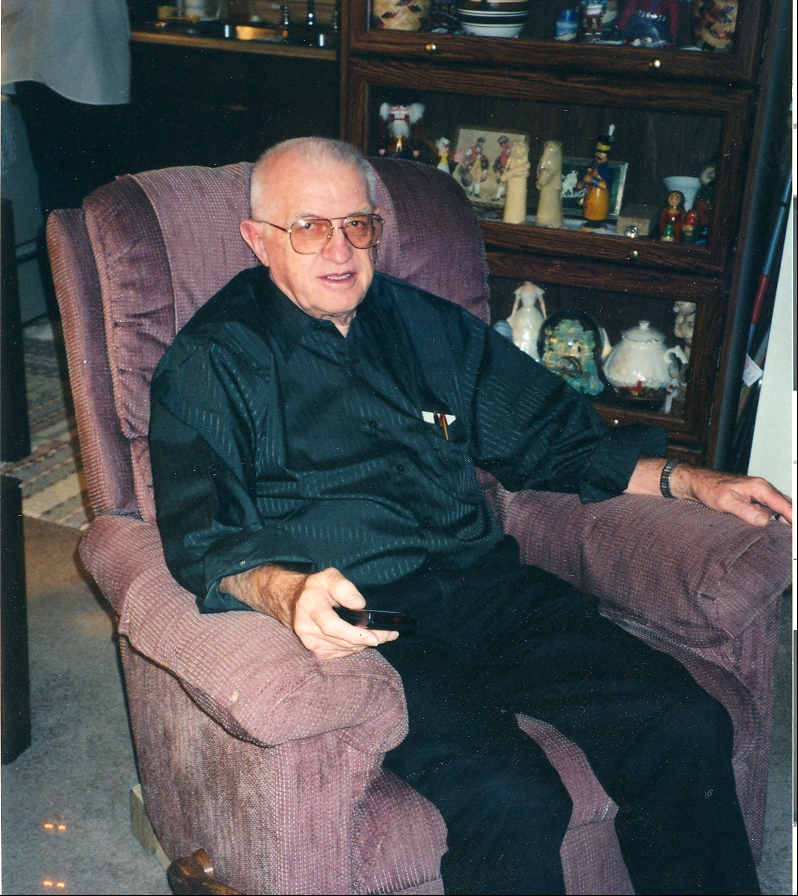 Lou's grandson, Mark
Lou's grandson, Mark
Golden Gate BridgeJuly 2008
This week as I've been processing pictures and mementos of Eldon (Lou's brother), I've wondered why I'm really doing this huge family history undertaking. By my rough estimation, there are only a few people still living who even knew Eldon during his short life. His wife, Susan; his sister in law, Leona; and perhaps a few of Aunt Florence's children are perhaps the only individuals who have personal memories of him. Eldon died before his only child, David was born, and David died almost 10 years ago. Likewise, many others in the family genealogy are completely unknown to current generations. So who am I preserving these memories for? Why am I taking the time to sort, organize, preserve and label pictures of this young man and many old people who are virtually unknown?
"Brethren and sisters, every family has keepsakes. Families collect furniture, books, porcelain, and other valuable things, then pass them on to their posterity. Such beautiful keepsakes remind us of loved ones now gone and turn our minds to loved ones unborn. They form a bridge between family past and family future.
"Every family has other, more valuable, keepsakes. These include genealogies, family stories, historical accounts, and traditions. These eternal keepsakes also form a bridge between past and future and bind generations together in ways that no other keepsake can. . .
 Bridge building!
Bridge building!
It occurred to me that the notebooks I have processed, the picture albums I am organizing, the blog posts I have published, and the memories I am preserving document our family story. These records, so carefully kept by Lou and other family members, are the bridges that connect those of us living today with those who have gone before and those who are yet to come. I am in awe when I consider the time periods these records span, and the lives they represent. I am excited to be a part of this process!
All are safely gathered in.
 Susan - Eldon - Mable - Jess
Susan - Eldon - Mable - Jess Susan Ione Campbell - Jesse Eldon Butler
Susan Ione Campbell - Jesse Eldon Butler Eldon's father, Jess Butler, gave the new couple some sound advice through the poem (above) and the note (below).
Eldon's father, Jess Butler, gave the new couple some sound advice through the poem (above) and the note (below).




























